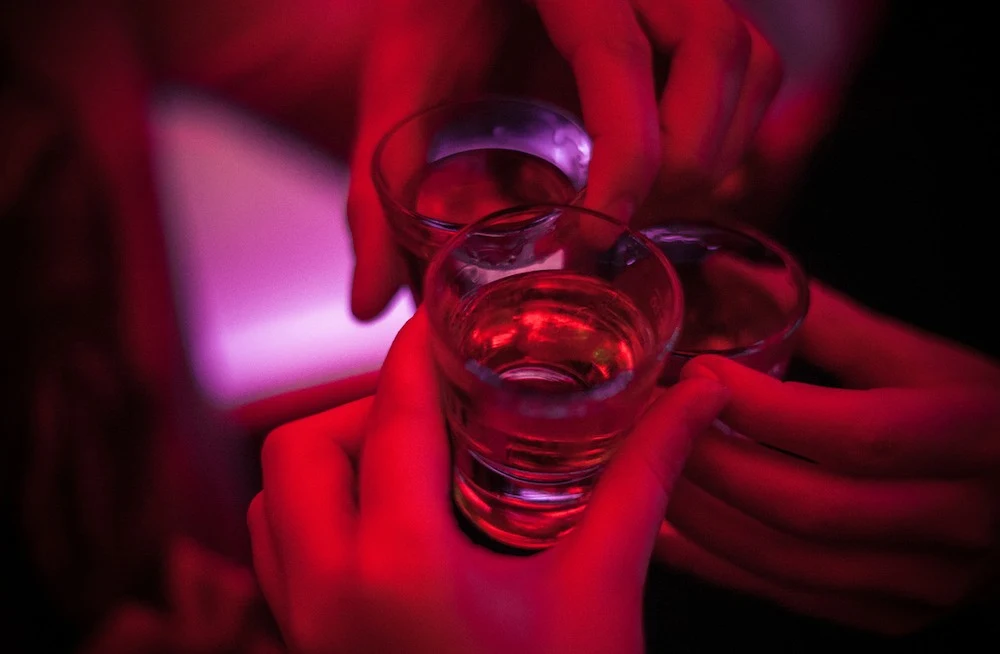Researchers at LMU University Hospital have uncovered a link between heavy alcohol consumption and cardiac arrhythmias. The MunichBREW II study, conducted by the hospital’s Department of Cardiology, examined how excessive drinking affects heart function. The findings are published in the European Heart Journal.
Alcohol is well-known as one of the most potent cell toxins. Excessive alcohol consumption, particularly binge drinking, can lead to “holiday heart syndrome,” characterised by cardiac arrhythmias such as atrial fibrillation. Given the limited data on this phenomenon, the study aimed to investigate the onset and progression of cardiac arrhythmias following acute alcohol intake in young adults.
In this latest research, doctors analysed young adults at parties with mobile ECG monitors to track their heart activity. The study revealed that binge drinking could trigger significant cardiac arrhythmias even in healthy individuals. The study showed that many participants developed heart rhythm disturbances, particularly during the recovery phase after drinking.
The research team had previously explored this connection in the 2015 MunichBREW I study, using brief ECG snapshots taken at Munich’s Oktoberfest. The new study, however, involved a more comprehensive approach, tracking heart rhythms for 48 hours at smaller parties. Many participants reached high blood alcohol concentrations, with some measuring up to 2.5 grams per kilogram.
The study involved 202 volunteers who planned to consume alcohol with expected peak breath alcohol concentrations (BAC) of ≥1.2 g/kg. Participants underwent 48-hour electrocardiogram (ECG) monitoring, covering four phases: baseline (hour 0), the ‘drinking period’ (hours 1-5), the ‘recovery period’ (hours 6-19), and two control periods, which corresponded to 24 hours after the drinking and recovery phases. BAC levels were measured during the ‘drinking period,’ and ECGs were analysed for changes in heart rate, atrial tachycardia, premature atrial complexes (PAC), premature ventricular complexes (PVC), and heart rate variability (HRV).
The study showed a rise in heart rate and a notable increase in atrial tachycardia as alcohol consumption progressed. HRV analysis revealed sympathetic nervous system activation during the drinking and recovery periods, followed by a shift to parasympathetic dominance afterward. PACs were more frequent in the control periods, while PVCs were more common during alcohol intake. Ten participants experienced significant arrhythmic episodes, including atrial fibrillation and ventricular tachycardias, primarily during the recovery phase.
The findings highlight that binge drinking leads to increased heart rate and atrial tachycardias during alcohol consumption, while clinically significant arrhythmias, including atrial fibrillation, occur more often during recovery. These results underscore the importance of recognising “holiday heart syndrome” as a potential health risk associated with excessive alcohol intake.
Source: Ludwig-Maximilians-Universität München
Image Credit: iStock






